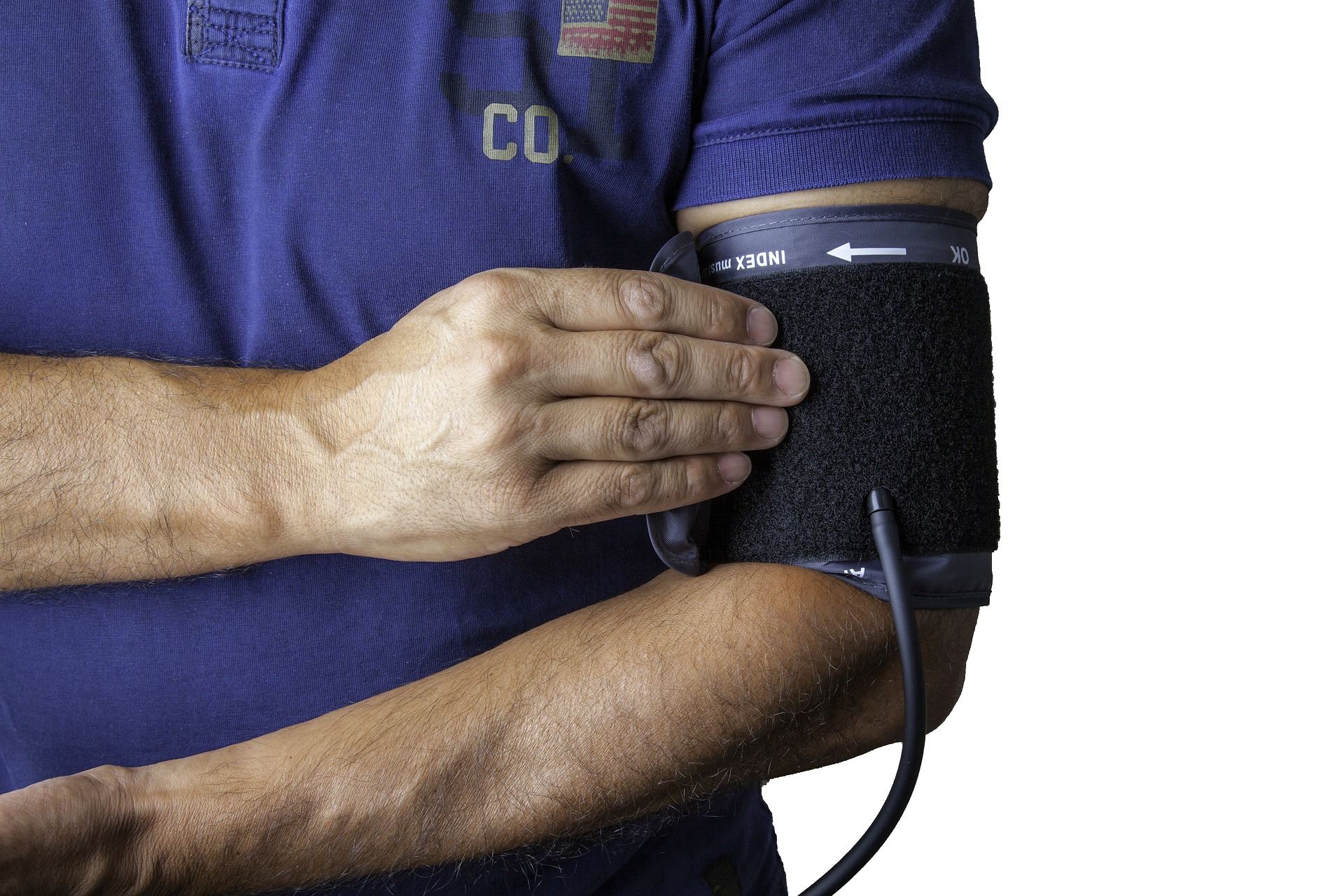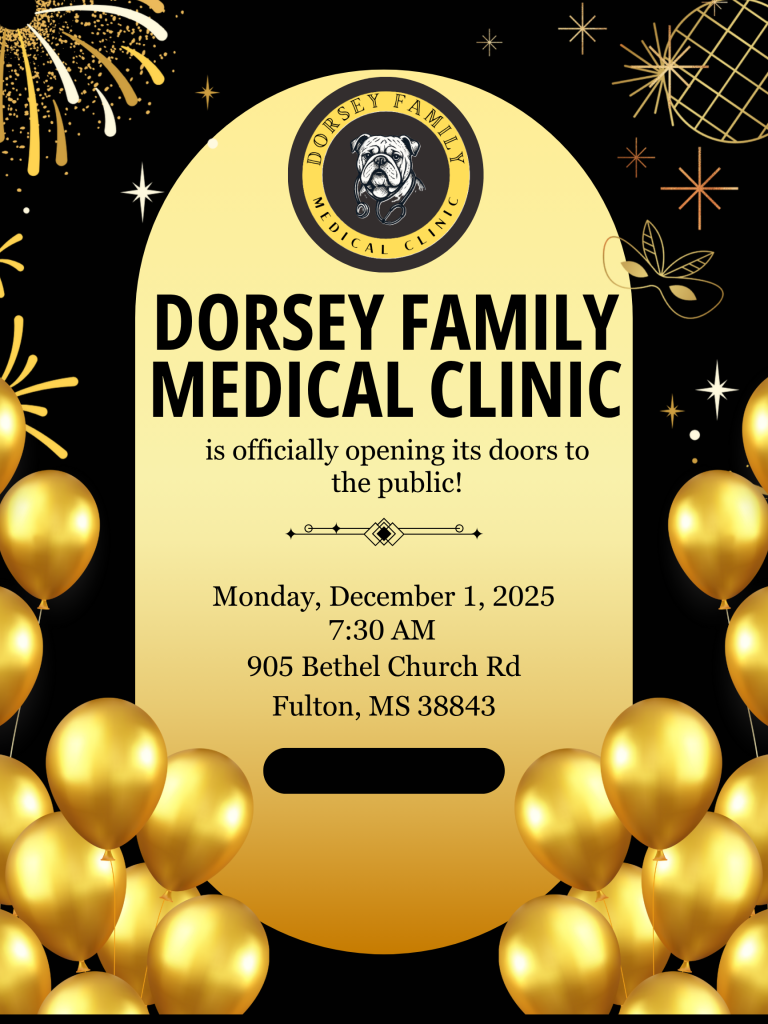
Malignant hypertension is extremely high blood pressure that develops rapidly and causes some type of organ damage. Normal blood pressure is below 120/80. A person with malignant hypertension has a blood pressure above 180/120. Malignant hypertension should always be treated as a medical emergency.
Symptoms of Malignant Hypertension
The main symptoms of malignant hypertension are a rapidly increasing blood pressure of 180/120 or higher and signs of organ damage. Usually, the damage happens to the kidneys or the eyes. Other symptoms of malignant hypertension include:
- Blurred vision
- Chest pain
- Difficulty breathing
- Dizziness
- Numbness in the arms, legs, and face
- A severe headache
- Shortness of breath
- In rare cases, brain swelling
Causes Malignant Hypertension?
In many people, high blood pressure is the main cause of malignant hypertension. The most common cause is missing doses of blood pressure medications. Certain medical conditions may also cause malignant hypertension. They include:
- Collagen vascular diseases, such as rheumatoid arthritis and systemic sclerosis
- Kidney disease
- Spinal cord injuries
- Tumor of the adrenal gland
- Use of certain medications, including birth control pills and some antidepressants
- Use of illegal drugs, such as cocaine
Malignant hypertension is rare. About 1% of people who have a history of high blood pressure develop this life-threatening condition. You are at greater risk of developing it if you are a man, African-American, or someone of lower economic status. Poor access to health care increases the risk.
Prevention
The easiest way to prevent malignant hypertension is to keep your blood pressure within an acceptable range. If you’re trying to lower your blood pressure consider the following:
Take Your Blood Pressure Medication On Time Every Time
High blood pressure drugs work best if you take them as your doctor has prescribed them. So you need to take the right amount at the right times every day.
Increase Your Physical Activity
Aerobic activity for 20-30 minutes 5 days a week improves cardiovascular health.
Practice Stress Management
Pursue an enjoyable activity or verbalize frustration to reduce stress and improve mental health.
Quit Smoking
Quitting tobacco will improve your health. The nicotine in cigarette smoke raises your blood pressure and heart rate. It also narrows your arteries and hardens their walls, and makes your blood more likely to clot.
Use a Blood Pressure Monitor
If you are concerned about high blood pressure, regular monitoring of blood pressure can help diagnose high blood pressure. Bring your blood pressure cuff and list of readings from your log with you to your appointment.
Switch to a Low Sodium Diet
A diet that restricts salt (sodium chloride) and other forms of sodium to no more than 1,500 to 2,400 mg per day can help lower blood pressure.
Underdiagnosed and untreated high blood pressure is a serious problem in the United States. Early detection and treatment can prolong the health and life of patients. As your patient centered medical home, Mantachie Rural Health Care, Inc, offers care for both acute and chronic illnesses. If you suspect you have high blood pressure, schedule a Wellness Exam with us today by calling (662) 282-4226. We will be happy to discuss your concerns.



Speak Your Mind